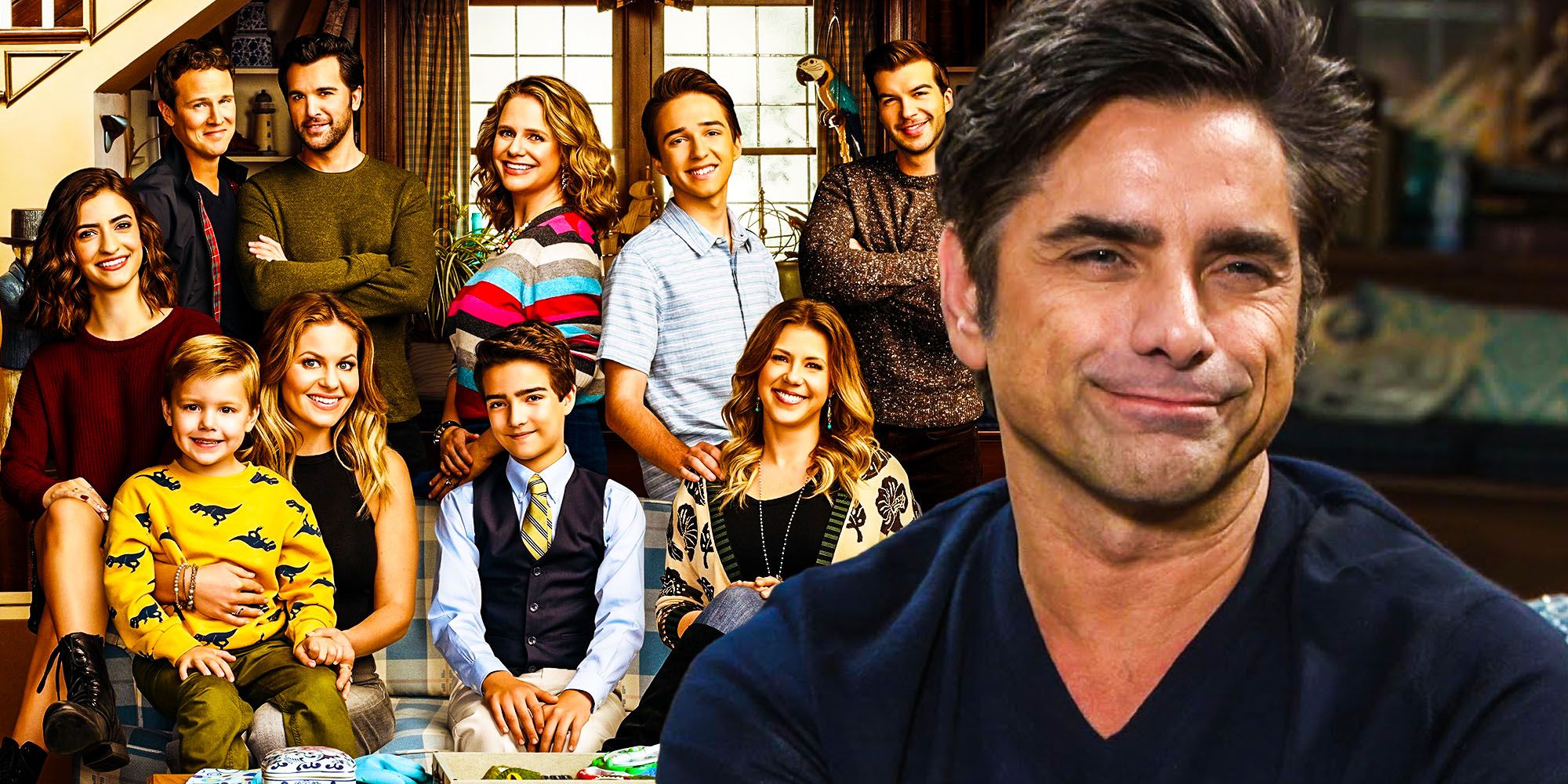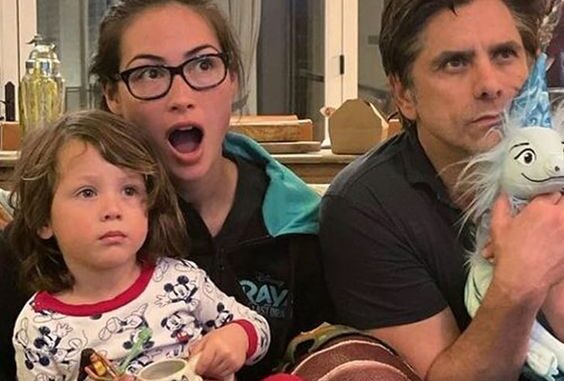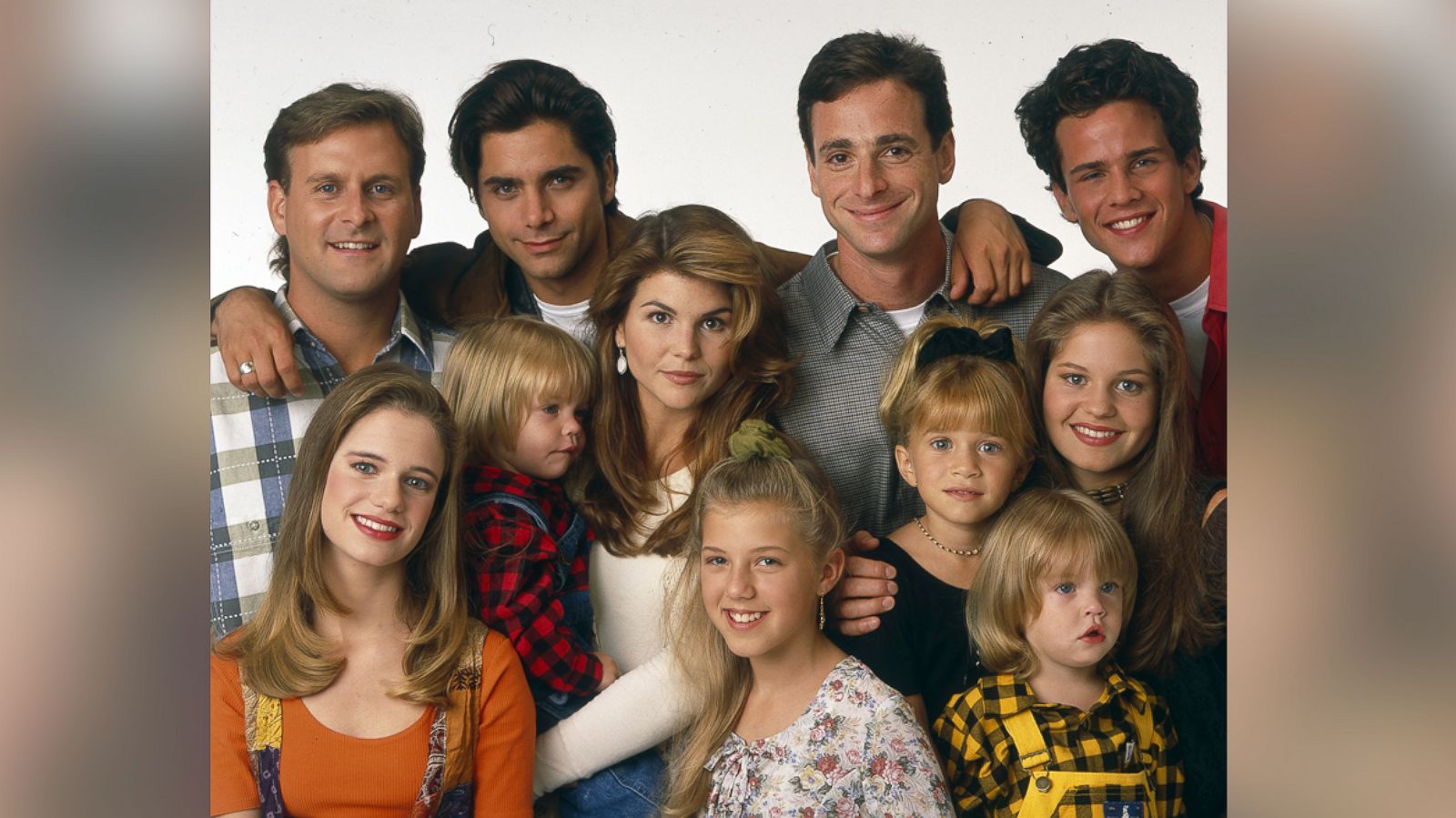Stamos explained that, at the time, he “didn’t tell” anyone, brushing off the incident. “I think I told myself, like, ‘Ah, it’s girls, man.’
“It was like you’re playing dead, so they’ll stop. But it wasn’t totally aggressive,” he recalled. “I don’t know, it was not good.
The actor said he first remembered the abuse when he was writing a speech to accept an award for his advocacy surrounding abuse survivors. “I started to write it, and that’s when it really came out,” he said. “And then I thought, No, tonight is not about me. It’s about the kids. I’m going to pack it away again until the right moment. Otherwise, I’m a phony f—. It’s like, ‘Come on.'”
Stamos doesn’t want this fact to draw attention away from his advocacy or book “but felt like [he] had to talk about it.
“I didn’t want the headlines to be that, and I didn’t want the book to be over that,” he said. “It was a page or something, but I felt I had to talk about it. It was weird. It was something that, I think, I was probably like 10 or 11 [when it happened]. I shouldn’t have had to deal with those feelings.”
In 2018, Stamos welcomed his son Billy, who he shares with his wife, Caitlin McHugh Stamos. Now, as a father, Stamos can’t imagine his son having to experience the same thing. “But I’ll tell you, if I found out someone was doing that to my son, that’s a totally different story.
“I did set out to write a hero story, but then as I was doing it, I was like, ‘No, I’m going to tell a human story,'” he continued. “Because with the hero story, that’s bulls—. And unless I was a hundred percent forthcoming, what am I doing this for, right? But it was hard.”




